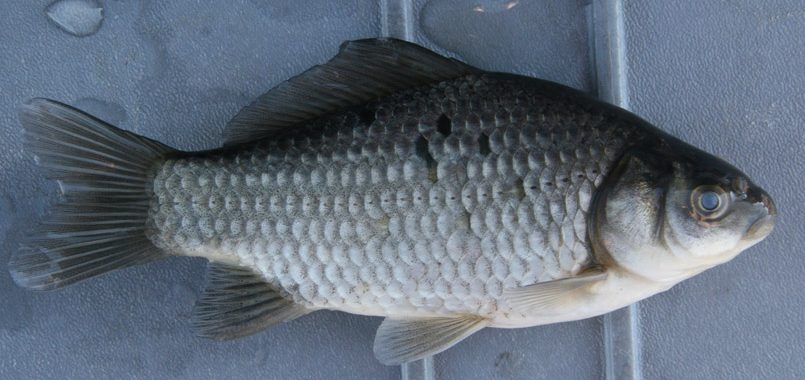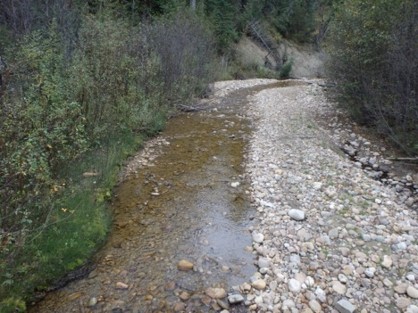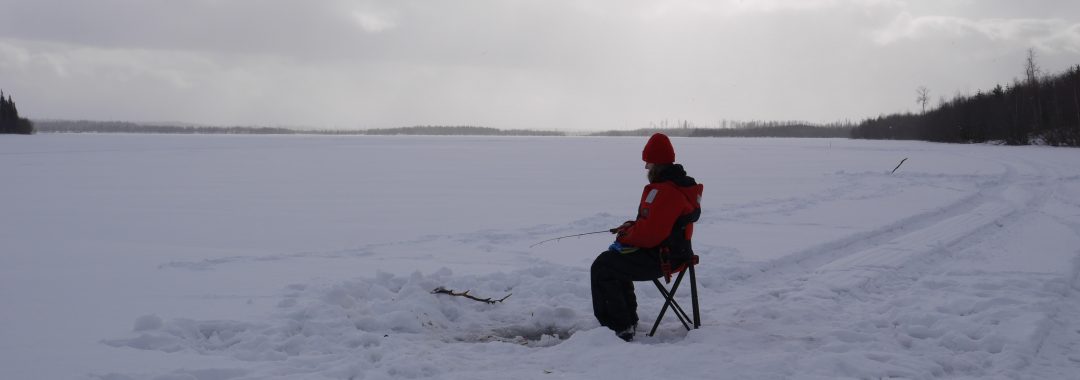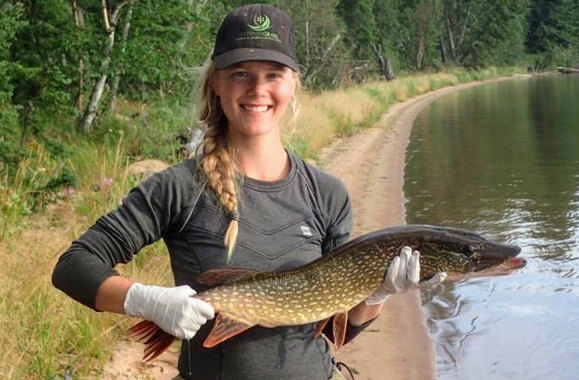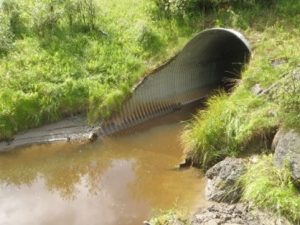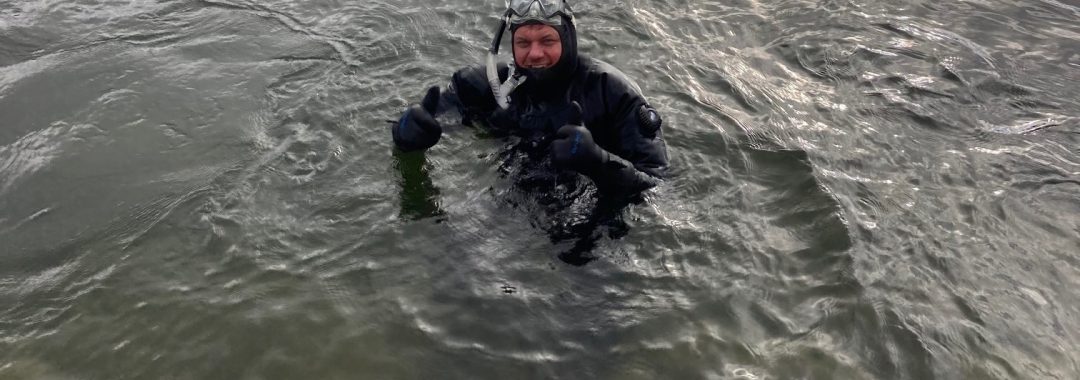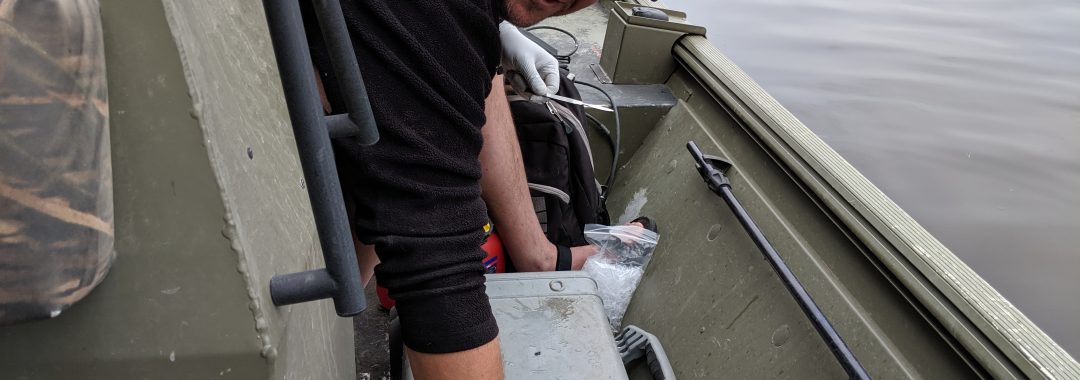Abstract:
The ability to accurately detect harmful aquatic invasive species in a species-specific manner is crucial to monitoring and management efforts. The Canadian province of Alberta currently harbors North America’s only invasive Prussian Carp populations, in addition to invasive Goldfish populations. The ability to quickly and accurately distinguish between these phenotypically similar fish, while also determining their presence in various waterbodies, is important in tracking invasions. In this work, we develop a cytochrome B–based assay, as well as an ND2-based assay to distinguish between these two fish. The 84-bp-long CytB assay featured a limit of detection of 5.8 and 4.8 copies/sample for Prussian Carp and Goldfish, respectively, while the 95-bp-long ND2 assay featured LODs of 6.3 and 1.6 copies/sample, respectively. We demonstrate that each of these assays fails to amplify these markers in closely related fish species common to Alberta. They also fail to amplify key invasive carp species, apart from the Goldfish ND2 assay, which cross-reacts with Common Carp. We then implement these assays and find 13 Goldfish and 47 Prussian Carp environmental DNA detection events throughout the Canadian province of Alberta. Finally, we show that assays broadly agree with visual observation data gathered from various reporting mechanisms, highlighting their validity in a monitoring program.
Citation: Hambrook J., Kimmel N., Robinson R., Foster D., Poesch M.S. and P. Hanington. (2025) Development, validation and implementation of eDNA-focused qPCR assays to detect and distinguish between Goldfish (Carassius auratus) and Prussian Carp (Carassius gibelio). Environmental DNA.
Also Read:
*Lab members: Mark Poesch. Check out opportunities in the lab!

